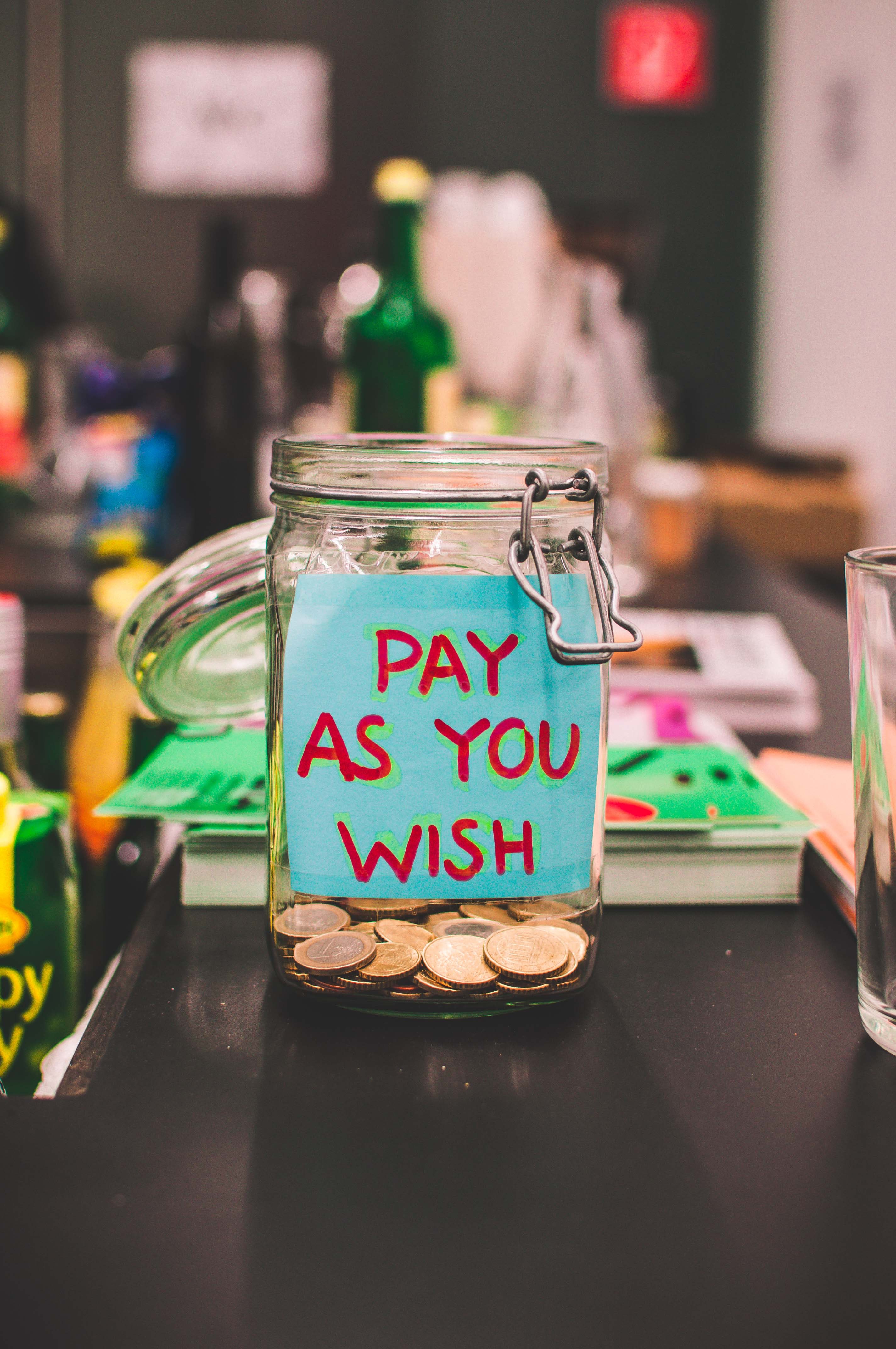An appeals court determines drug makers and distributors should help fund addiction treatment.
In a recent decision, a U.S. appeals court upheld New York’s Opioid Stewardship Act (OSA), enacted three years ago, which requires drug makers and distributors to fund a program for covering costs for treatment, prevention, and recovery related to the opioid crisis. Under the law, any opioid manufacturer or wholesaler licensed in New York would contribute to a $100 million per year fund. As originally enacted, the OSA included a “pass-through prohibition which banned registrants from passing the costs of their opioid stewardship payments onto consumers with a stated monetary penalty of up to $1 million per violation.”
State officials had projected $600 million would be collected over a six-year period. Court records show New York’s cost of tackling the opioid crisis was $200 million in 2017 and that cost is steadily rising.
The state moved to dismiss each case on jurisdictional grounds under the Tax Injunction Act (TIA), arguing “the opioid stewardship payment is a tax and is not subject to District Court review. Under the TIA, the district courts shall not enjoin, suspend or restrain the assessment, levy or collection of any tax under State law where a plain, speedy and efficient remedy may be had in the courts of such State.”

Ultimately, in 2018, a federal judge found the New York law unconstitutional in a decision concerning a lawsuit brought by pharmaceutical industry trade groups who contended it “prohibits the companies from passing on to consumers the costs of the surcharges and, as a result, violated the Dormant Commerce Clause of the Constitution, which bars states from regulating interstate commerce.”
The appeals court, however, disagreed, explaining in the latest thirty-page decision, “New York’s allocation of revenues from the payment strongly suggests that the stewardship payment requirement serves general revenue-raising purposes without a regulatory or punitive aim.”
Rich Azzopardi, a senior advisor to New York Governor Andrew Cuomo, said, “Since the beginning, we’ve been seeking to hold these huge corporations accountable for the opioid crisis that they helped create and fuel. We commend the court for their thoughtful consideration of all the facts and are reviewing the decision.”
A spokesperson for the Healthcare Distribution Alliance, which represents wholesalers and filed the suit against the state, said the group is “disappointed with [the] ruling. At this time, we are in the process of further evaluating the court’s judgment and assessing our legal options in response.”
A spokesperson for the Association for Accessible Medicines said the group is “still reviewing the decision, but is encouraged that the appeals court decision does not affect the ruling by the lower court that the surcharge is unconstitutional.” The trade group believes New York “lacks the authority to regulate sales of medicines that occur outside of New York. This provision would have upset pharmaceutical competition nationally and thus harmed patients who rely on affordable generic medicines.”
Sources:
New York Opioid Stewardship Act: Take 2 from the Second Circuit
Court rules New York can collect taxes from drug makers and wholesalers to address opioid crisis


Join the conversation!